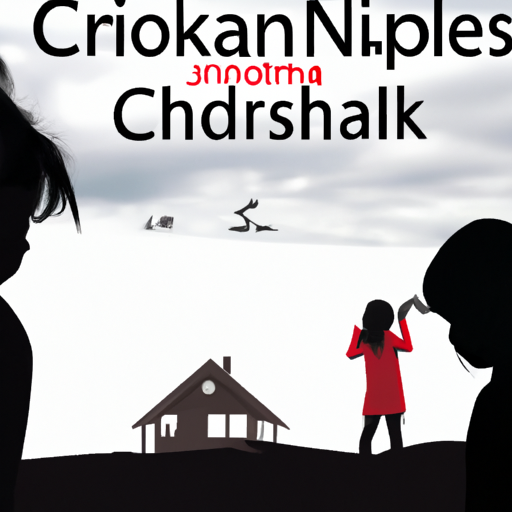Opioid Crisis Ravages Piikani Nation Community; State of Emergency Declared
Hello, dear followers. Today, we will be discussing a grave issue that our neighbors in the north are dealing with – the raging opioid crisis in Canada , specifically within the Piikani Nation community.
The Toll of the Opioid Crisis
The impact of the opioid crisis on the Piikani Nation is incredibly alarming. The Piikani Nation is a First Nations government in southern Alberta, Canada, which, over the past few years, has experienced a distressing surge in drug-related deaths. As reported by Global News, in 2019 alone, the small community lost ten of its community members to drug-related causes, marking a spike than in the previous years.
This tragic situation has commenced a well-understood sense of terror within the community, prompting the local community to declare a state of emergency. Children are growing up without parents, households are being broken, and the community at large is being ravaged by this crisis.
The Responses to the Crisis
The community has already started taking some drastic measures. In the face of continual deaths, they’ve turned to the opioid class action sweeping the country to help fund treatment centers and programs. By joining the opioid class action, they are attempting to use these funds to support those directly affected by opioid misuse and provide resources to prevent future cases of addiction within their population.
Additionally, there has been a rise in the use of naloxone kits. Naloxone has become an essential tool in combating the opioid crisis, as it can reverse opioid overdoses if administered in time. While this is a positive step, it is a treatment, not a resolution to the problem.
Key Points from the Report
What Can Be Done?
While the use of naloxone kits and joining the opioid class action are significant first steps, more straightforward actions need to be taken to tackle root causes. A deeper focus needs to be placed on prevention through education about drug misuse, reducing the stigmatization of addicts, and improving mental health services to help prevent individuals from turning to drugs in the first place.
Final Thoughts
It’s heartbreaking to see the devastating ripple effects of the opioid crisis within Canadian communities, particularly within vulnerable communities such as the Piikani Nation. However, it’s important to remember that each statistical toll represents a human life, a neighbor, a family member, a friend. While the measures taken to join the opioid class action and equip community members with naloxone are no doubt significant, a more robust, holistic response is required. This includes addressing the underlying socio-economic issues that give rise to drug misuse, battling stigmatization, and improving mental health resources and overall accessibility to healthcare.
We will continue to track and discuss these developments in the ongoing battle against the opioid crisis. Stay informed, stay safe, and let’s fight this crisis together.


